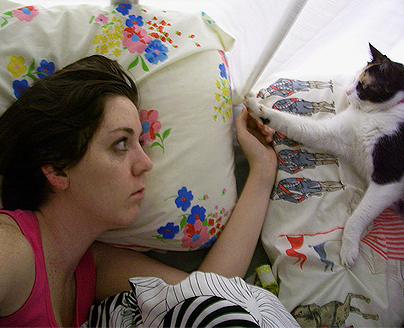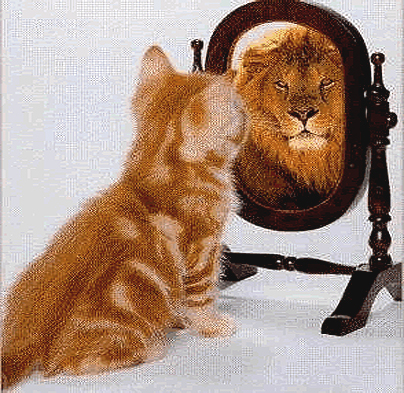4 Steps to Improve Brain Function

Research has shown that there are four main cornerstones to healthy brain function: physical exercise, mental exercise, healthy nutrition, and proper stress management.
1. Physical Exercise
Physical exercise can be a difficult cornerstone to work on, especially since it can be overwhelming if you are not currently living an active lifestyle. If you are not currently partaking in an exercise program, be certain to speak with your doctor about whether or not it is safe for you partake in regular exercise. Once you have received the approval from your doctor, do not turn into a weekend warrior. Instead, start setting small, manageable goals, such as taking a 15 minute walk. Do exercise that you enjoy. Focus on cardiovascular exercise during times when you cannot do both cardiovascular and strength training exercises.
2. Mental Exercise
Exercising your brain can be a lot of fun, especially if you let your curiosity pave the road. Learn a new fact or try a new activity at least once a day. Ensure that you partake in activities that you enjoy so that you will stick with them. Do not worry about whether or not you are good at them. The idea is to challenge your mind, not to win a contest. If you enjoy playing games, try out crossword puzzles, sudoku, and chess. These are great games to challenge your mind.
3. Healthy Nutrition
Healthy nutrition is the cornerstone not only to the health of your body, but also to the health of your brain. The best thing you can do to work on eating properly is to add in lots of leafy green vegetables to your diet. Plan your meal around your vegetables. After you have chosen which vegetables you will be eating, choose your fruit, protein, dairy and grains. Be certain, though, that you learn what a proper portion size is to ensure that you are not overeating. It can be easy to eat a whole chicken breast, when in reality, a portion is only 3 ounces and is about the size of a deck of cards. Also, add in cold water fish to ensure that you are getting enough omega-3 fatty acids. Tuna, halibut, sardines, salmon, mackerel, and herring are excellent sources of this fatty acid. Lastly, focus on eating foods that are as close to their natural state as possible. If it comes in a box, bag, or shrink wrapped, try not to eat it. This will make it easy to choose foods with a low glycemic index and packed full of vitamins and minerals.
4. Stress Management
Managing stress is easier said than done. However, there are things you can do to make managing stress a little bit easier. For starters, get plenty of restful sleep each night. Also, be certain that you maintain your social connections by keeping in touch with your friends and family, even if you only send a quick e-mail. Yoga and meditation are calming activities for some people, while others prefer to soak in a tub and read a good book. Make sure that you spend some time each week relaxing in whatever method works best for you.























